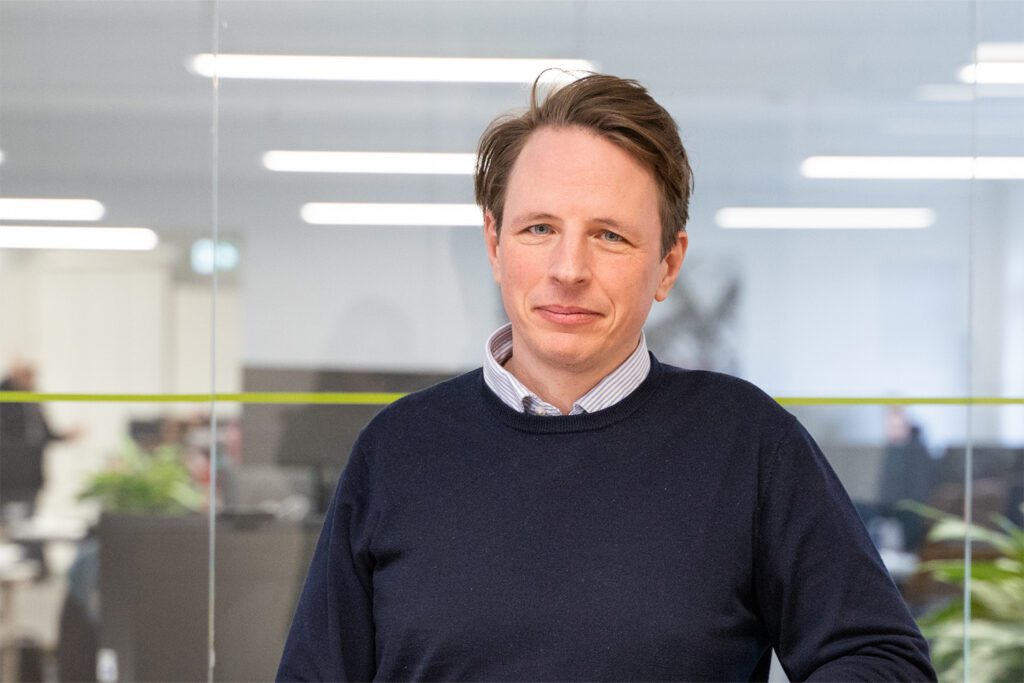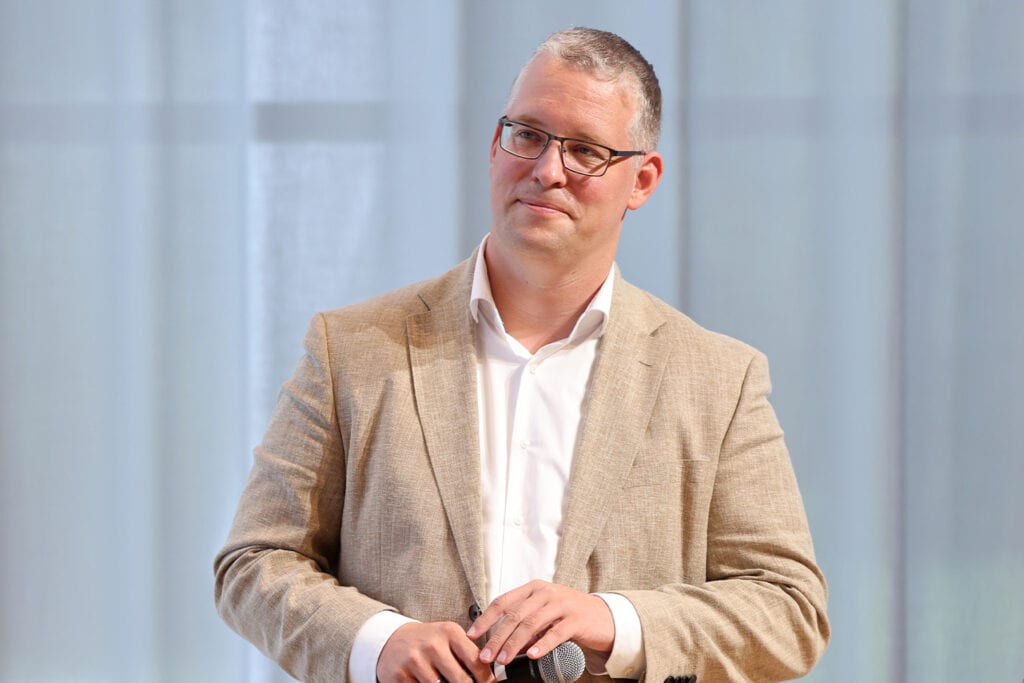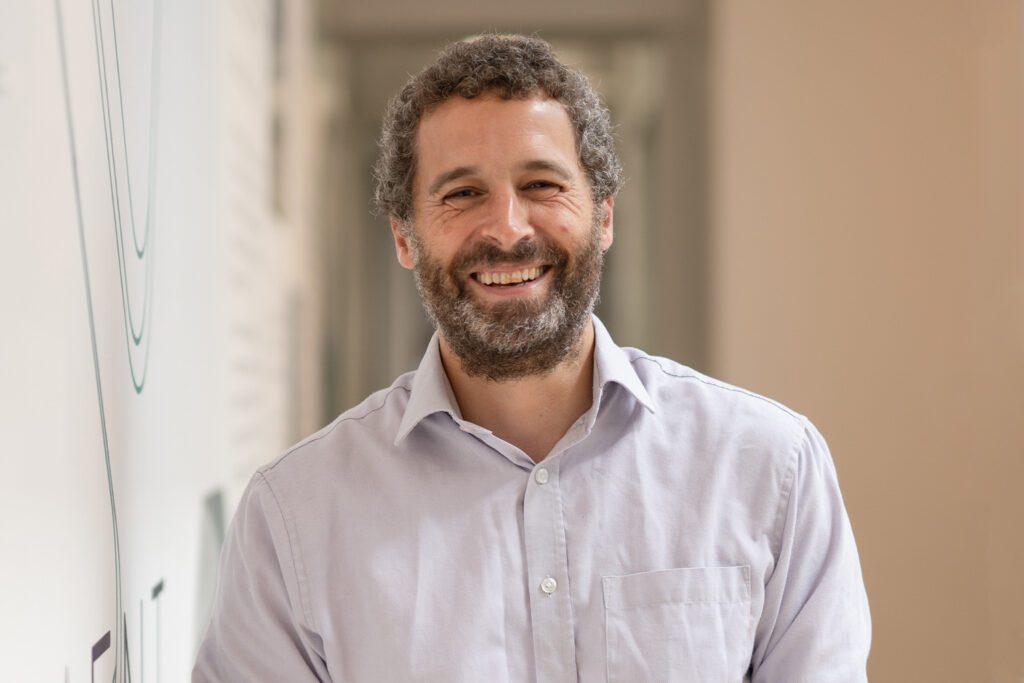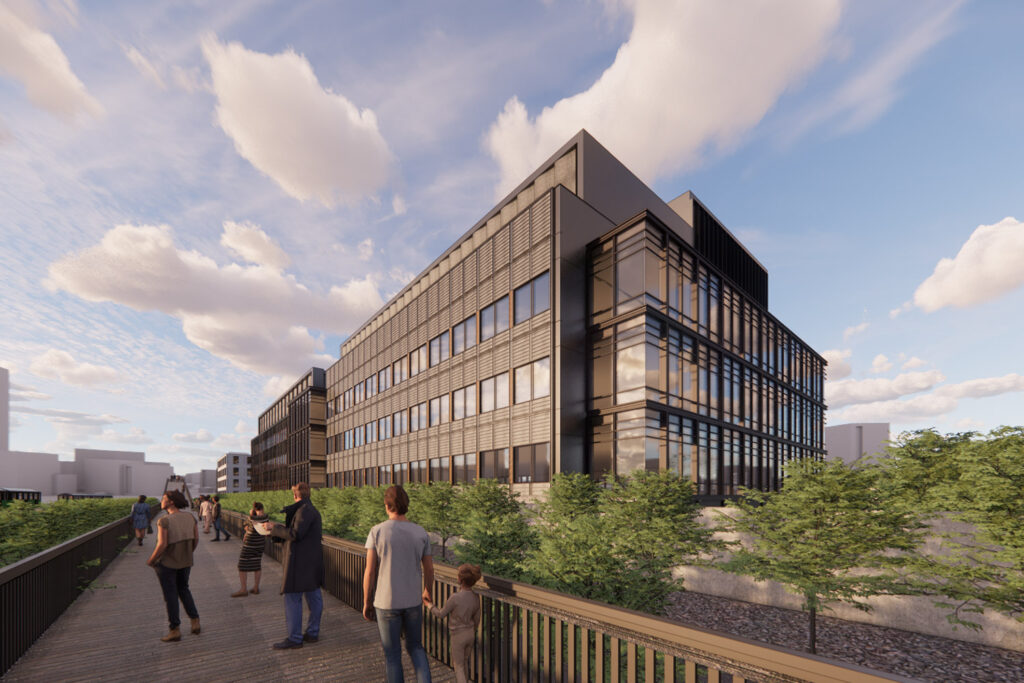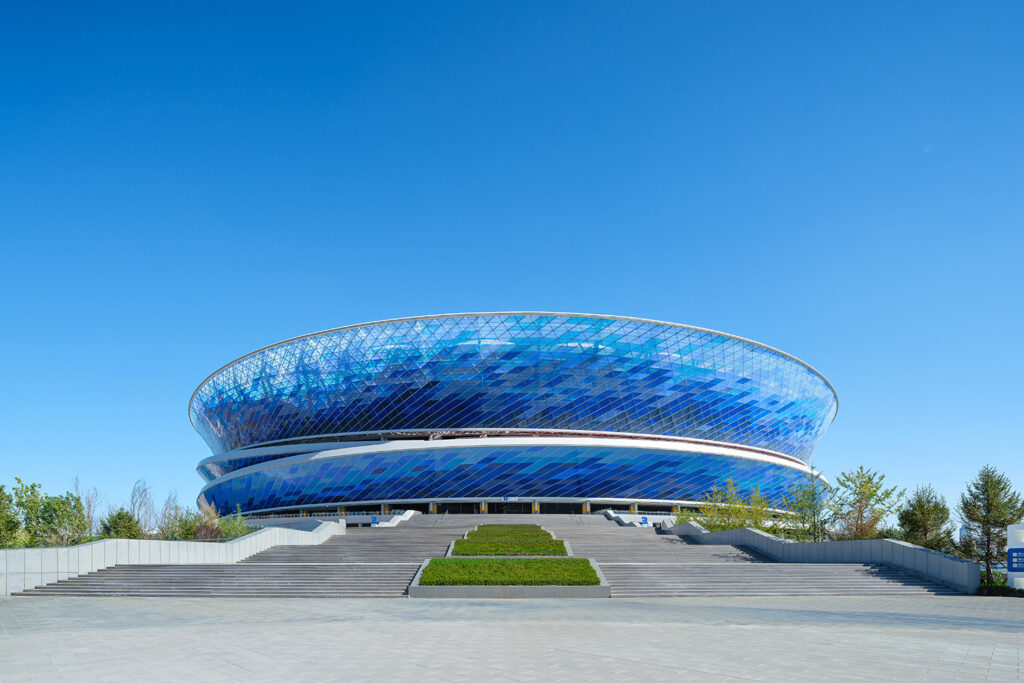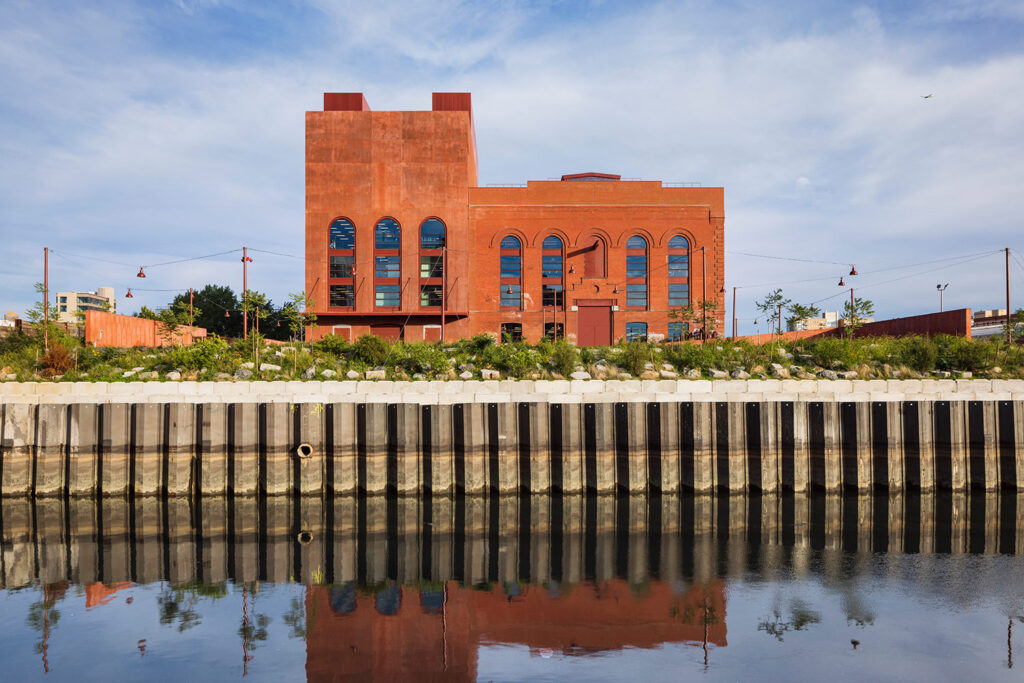
UP2030
Belfast, Budapest, Granollers, Lisbon, Milan, Muenster, Rotterdam, Thessaloniki, Zagreb
Project details
Client
UP2030 Consortium – European Union Horizon Europe Fund
Collaborator
The UP2030 Consortium consists of 47 entities across Europe
Duration
2023 – 2025
Services provided by Buro Happold
By 2050, the European Union (EU) aims to be an economy with net-zero greenhouse gas emissions. This objective is at the heart of the European Green Deal and in line with the EU’s commitment to global climate action under the Paris Agreement.
Cities across the EU are working to achieve climate neutrality by 2050. In the shorter term, a further mission aspiration is to achieve 100 climate neutral and smart cities across the continent by 2030. The UP2030 initiative is supporting cities to drive their socio-technical transitions to achieve these targets.
Challenge
The project, funded by an Horizon Europe grant from the EU, aims to develop an innovative methodology that cities can adopt to engage meaningfully with the EU “Mission on Climate-Neutral and Smart Cities”, comprising consistent policy development, upskilling in state-of-the-art approaches, prototyping upgrades, and upscaling city-wide neutrality actions.
The project’s approach focuses on enhancing the “liveability” of urban communities by mainstreaming the climate neutrality agenda using urban planning and design as a vehicle. This placing of urban design at the core of the project is reflected in the title UP2030 – where UP stands for urban planning.
The project develops the 5UP methodological framework that supports cities in (i) UP-dating those policies, codes, regulations that need to be left behind to make room for the new vision (ii) UP-skilling, through building the capacities of the entire city stakeholder ecosystem that will deliver actions (iii) UP-grading, through the development of solution prototypes (digital and physical) at selected neighbourhoods, (iv) UP-scaling to achieve city-wide impact by shaping the enabling governance arrangements and matching project portfolios to financial resources, and (v) UP-taking, by engaging with the Mission and sharing best practices across European cities.

Buro Happold is one of a consortium of a total of 47 leading specialist consultancies and research institutions from 18 countries, engaged to further the project’s vision. Our experts are building an assessment methodology to assess urban development projects upon their impacts and potentials on both climate mitigation and adaptation and provide high-level recommendations.
Climate proofing will allow quick assessments of viability (pre-feasibility) of future projects and their potential impacts on climate mitigation and adaptation. The climate proofing methodology, developed by Buro Happold, integrates and fosters synergies between mitigation and adaptation measures.
Ten pilot cities, from Belfast to Istanbul, will be engaged as part of the initial two-year scheme, with Rio de Janeiro as an observing knowledge-transfer city. To drive city-wide impact, cities will need to go beyond technical designs.
UP2030 will empower local authorities to shape their innovation-enabling city environment through: a relevant policy framework, deliberate inclusive participation, shifts to sustainable behaviours, capacity building in city departments, new governance arrangements and financial facilitation. UP2030 will guide cities’ stakeholders and local authorities to deliver across the values of equity, resilience, neutrality and sustainability.

Solution
Our team will work as part of the consortium of sector specialists to guide cities in their quantitative assessments. This will enable cities to address their emissions and set a foundation to build local capacities for tackling climate mitigation and adaptation.
We will work alongside teams at institutions and consultancies such as the University of Cambridge, Fraunhofer Gesellschaft and Adelphi, to deliver checks on climate impacts and advise on climate proofing as well as baseline emission assessments. We will work on the shaping of a methodology to assess urban development projects in terms of impacts and potentials on both climate mitigation and adaptation, as well as providing high-level recommendations.
An opening meeting in February 2023 at Thessaloniki in Greece brought all the stakeholders, advisors and city representatives together.
It is clear that the project will include wide-ranging dialogues, discussions and knowledge-sharing between stakeholders and will eventually lead to the development of bespoke pilot initiatives in the target cities. It is expected that the learnings gathered during this period of focus on the pilot cities will lead to a body of work that will support communities across Europe to target their own carbon neutrality efforts.

Value
Through our expertise in climate sensitive urban development and broad experience of working on complex, multi-stakeholder projects, we will be a key player in co-designing climate neutrality visions and defining implementation roadmaps to support decarbonisation and climate adaptation plans for the pilot-cities and enable knowledge-transfer to other European cities and beyond.




